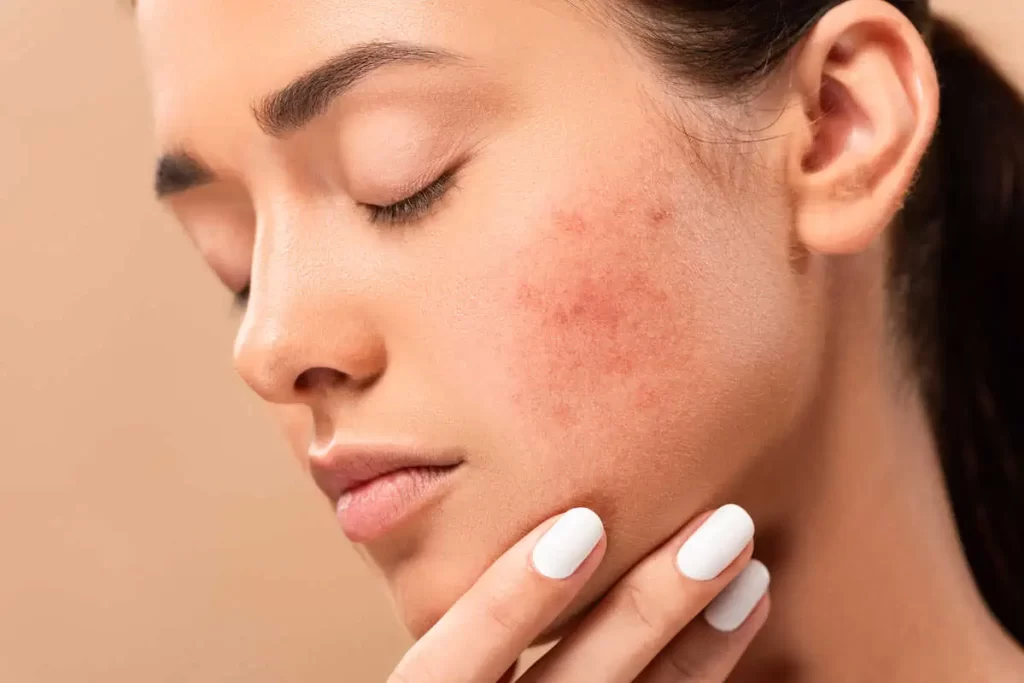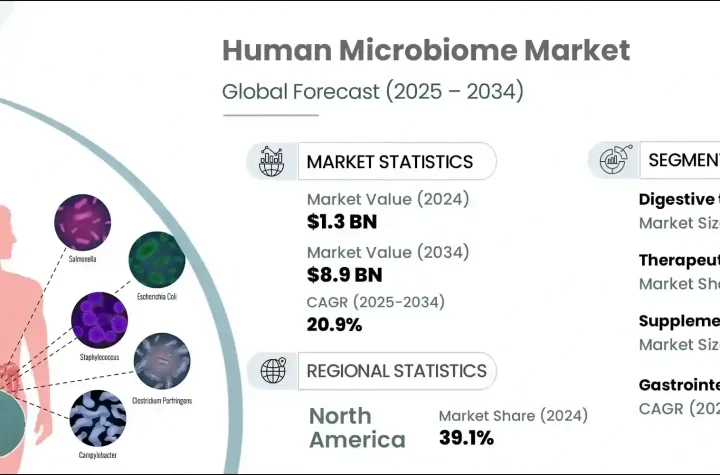
“You are what you eat” has never been truer when applied to acne. But is it possible to combat acne through changing what we eat?
Answering that question is complex. While certain foods may play a part, other factors such as stress or hormonal fluctuations could also play a part.
1. High-Glycemic Foods Are Acne-Causing
“You are what you eat.” While research on acne and diet is limited, evidence is mounting that certain foods could play an integral part in its development for certain people.
Studies have revealed that eating foods high in glycemic index (such as white potatoes and bread) can trigger acne in some people, possibly as the spikes in blood sugar can trigger inflammation while stimulating sebum production to cause or worsen acne breakouts.
Studies have also indicated that low-glycemic foods, combined with omega-3 and antioxidant supplements, may help to decrease acne. To determine which foods may contribute to your acne outbreaks effectively, consult with a dermatologist. They can evaluate your skin type, medical history and lifestyle to create the ideal dietary plan for you; that way you can avoid those likely to exacerbate your situation while prioritizing those likely to provide greater benefits for your skin.
2. Dairy Is Acne-Causing
Acne is an irritating and painful skin condition characterized by blackheads, whiteheads, cysts and pustules that form on your face. Its cause may lie within blocked pores that allow oil build-ups that exacerbate inflammation in the skin’s cells, thus stimulating more sebum production and creating further breakouts.
Studies indicate a correlation between dairy consumption and acne breakouts; more research needs to be conducted in order to better understand this link. It may be due to dairy foods’ high glycemic index content or because milk contains androgen hormones which promote breakouts.
Studies have also indicated a higher prevalence of acne among those who consume more skim and low-fat milk, though these don’t prove it caused their acne directly. It could be because these dairy products contain more whey and casein proteins which increase insulin levels as well as the IGF-1 hormone responsible for creating breakouts on skin.
No matter what’s causing your acne outbreaks, cutting dairy out for a short while may help. Keep in mind though, stress, hormonal fluctuations and medical conditions like polycystic ovary syndrome could all also play a part.
3. Meat Is Acne-Causing
Popular belief suggests that eating meat causes acne. This could be because certain meats contain leucine, an amino acid known to increase mTORC1 activity in skin cells and lead to more oil and breakouts; however, in reality the connection is weaker.
Studies have suggested that diets rich in meat and dairy are associated with increased acne in adults, but no conclusive proof exists to demonstrate cause-and-effect relationships. Furthermore, many of these studies relied on self-reporting dietary records which may have been subject to bias and confounding influences.
However, it is essential to remember that greasy foods can trigger an inflammatory response within the body and worsen existing pimples. Furthermore, touching greasy foods with your fingers may transfer oils onto your face causing more breakouts. Therefore, choosing healthy whole food diet as your top option to maintain clear skin.
4. Greasy Foods Are Acne-Causing
Foods such as fries, pizza or chocolate may cause breakouts if touched to your face after indulging and the oil from these products comes into contact with skin or pores, but that does not directly cause acne. Though greasy foods might exacerbate inflammation that leads to breakouts; their sole direct connection is in some people consuming too much sugar or dairy as well.
Inflammation in the body leads to hormonal fluctuations and excess sebum production, leading to blocked pores filled with dead skin cells and bacteria, creating blackheads and whiteheads. Altering your diet by cutting back on certain types of foods such as red meats and drinking plenty of water may help keep acne under control; for more severe cases consult a dermatologist about finding an acne treatment plan tailored specifically to you.





More Stories
Building a Minimalist, Effective Skincare Routine for Acne with Budget-Friendly Pharmacy Brands
Acne Triggers in Workplace and Occupational Environments
Acne Management for Individuals with Skin of Color: A Compassionate Guide